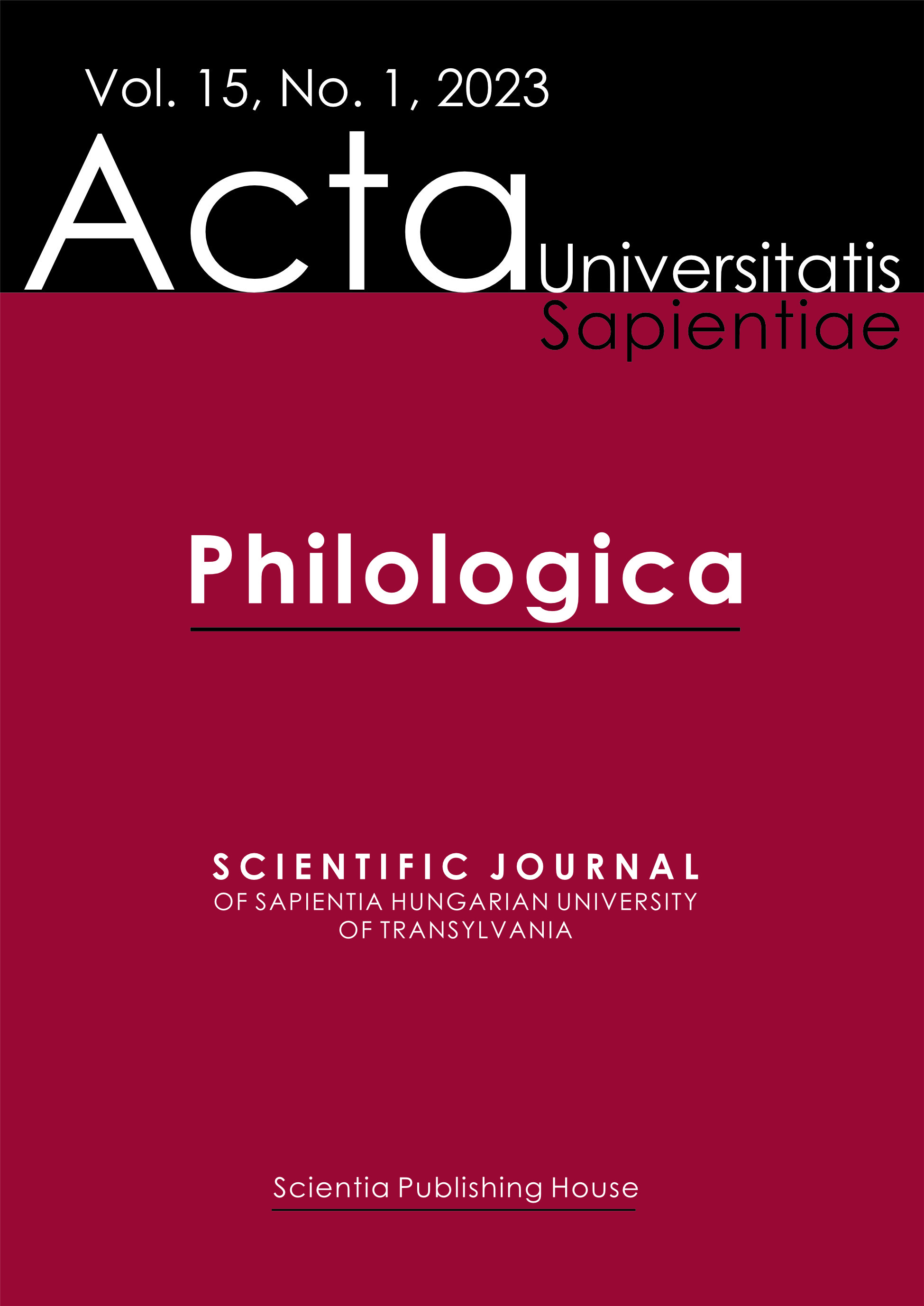Mediation and Mediators in Carlos Morton’s The Miser of Mexico and Trumpus Caesar
Mediation and Mediators in Carlos Morton’s The Miser of Mexico and Trumpus Caesar
Author(s): Edit-Mária DánélSubject(s): American Literature
Published by: Scientia Kiadó
Keywords: border narratives; dramatic mediation; subjective and semi-objective mediators; oracle-mediator;
Summary/Abstract: This paper aims towards identifying those protagonists who occupy the position of mediator in the process of decoding the message by uniting detached ideologies in Carlos Morton’s The Miser of Mexico (1989) and Trumpus Caesar (2021). On the level of the narrative, border-resurfacing and its impact on society are presented by anecdote and humour. Jon Yates’s 2022 book entitled Fractured. How We Learn to Live Together mentions that in order to reconnect divided societies, ideologies, and races, the factor of laughter proves to be the most effective means: “If the person smiled, you knew you had someone in the mood to buy; if not, it was time to move on” (Yates 2022, 17). Slavoj Žižek in his work entitled Did Somebody Say Totalitarianism? Five Interventions in the (Mis)use of a Notion argues that humanity can restore communication with the Divine only by the mediated assistance of Jesus Christ, who “must sacrifice himself” (Žižek 2002, 50) in the process. In order to mend broken relationships, Carlos Morton’s subjective-participative mediators assume the position of honest advisors, critics, non-judgmental and non-political entities, individual and self-sufficient characters, who by partial or total detachment point out the tragic in the comical. With the help of humour and satire, the playwright’s protagonists in the dramas mentioned above captivate audiences by softening critical situations through mutual acceptance and tolerance.
Journal: Acta Universitatis Sapientiae, Philologica
- Issue Year: 15/2023
- Issue No: 1
- Page Range: 163-176
- Page Count: 14
- Language: English

